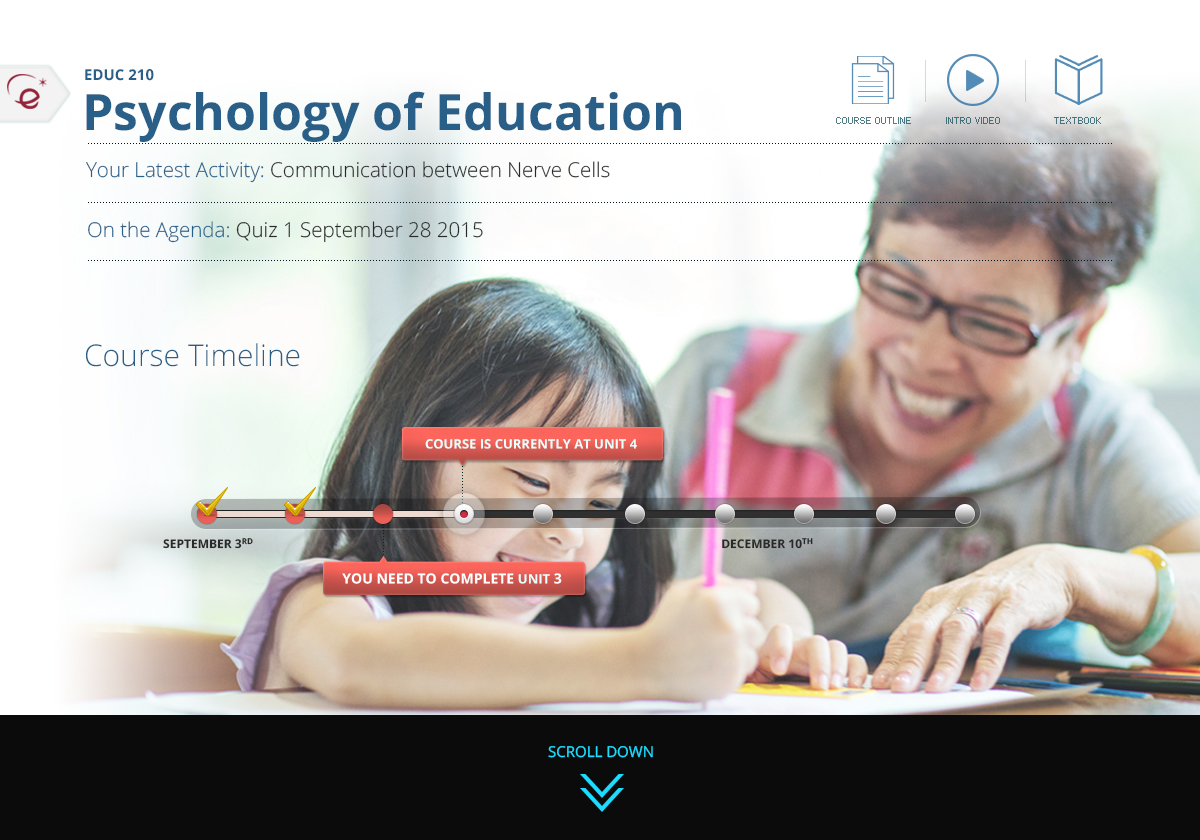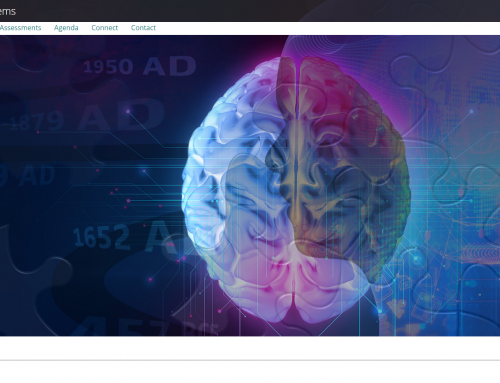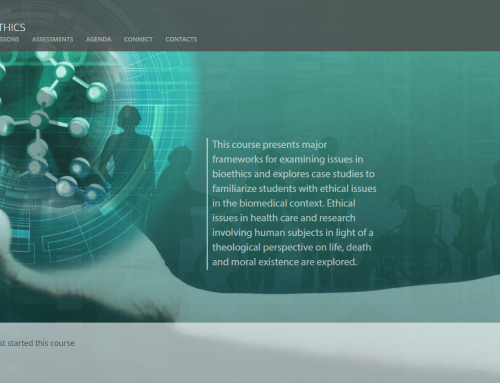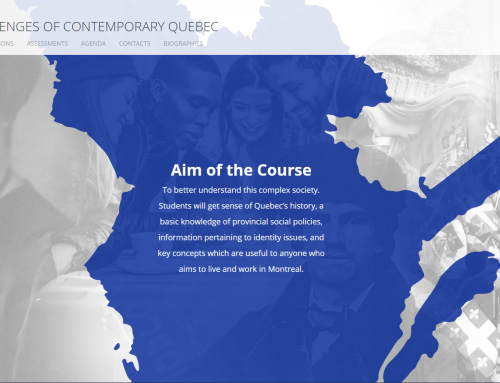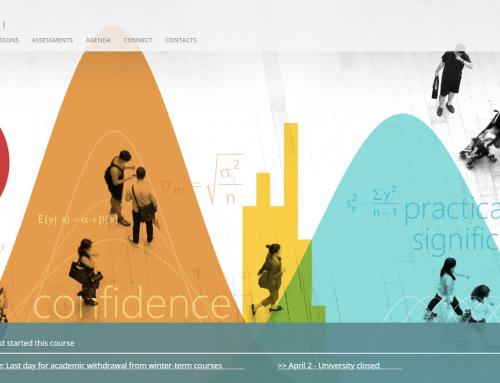Project Description
Psychology of Education is the study of how learning occurs and how teaching may enhance learning. It includes knowledge about the readiness or development of the learners, how specific behaviqurs or ideas are actually learned, and how learners may become motivated to learn. It also includes how effectively teachers may apply all of these concerns to teach more effectively and to evaluate learning fairly. To deal with all these topics, educational psychology uses a variety of psychological theories and approaches, all having in common their relevance to teaching and learning. Those aspects of psychology most relevant to education will be emphasized. hey include: developmental theories, individual differences, testing and evaluation, instructional psychology, theories of learning and cognition, motivation, classroom management, etc.
In this course, you will achieve the following general objectives and competencies:
- The ability to critically examine and interpret developmental theories, learning theories and cultural knowledge relevant to classrooms and schools, in order to have a broader understanding of learners in a multi-cultural setting.
- Develop an understanding of classrooms as social communities that promote engagement in learning and construction of knowledge related to cognitive, academic and social-emotional competencies.
- Appreciate the importance of linking learning and assessment, and develop a critical understanding of how learning can be enriched through traditional and alternative models of evaluation.
- The ability to examine current psychological and educational research, and to effectively synthesize the findings in writing.
